Italy’s Marsala wine is a hidden gem in the world of fortified wines, boasting a rich history dating back centuries. Produced in the picturesque region of Sicily, this unique wine has gained international recognition for its distinct flavors and versatility.
Whether you’re an avid wine enthusiast or just beginning to explore the vast world of Italian wines, this beginner’s guide aims to unravel the mysteries surrounding Marsala wine. From understanding its origins and production methods to exploring different types and serving suggestions.
Join us on a journey through the enchanting world of Italy’s Marsala wine.
Is Marsala Wine Red or White?
Is Marsala Red or White wine? A common question that frequently arises when exploring the world of wines. The answer, however, is not as straightforward as one might think. Marsala wine is actually available in both red grapes and white grape varieties, adding to the confusion surrounding its classification.
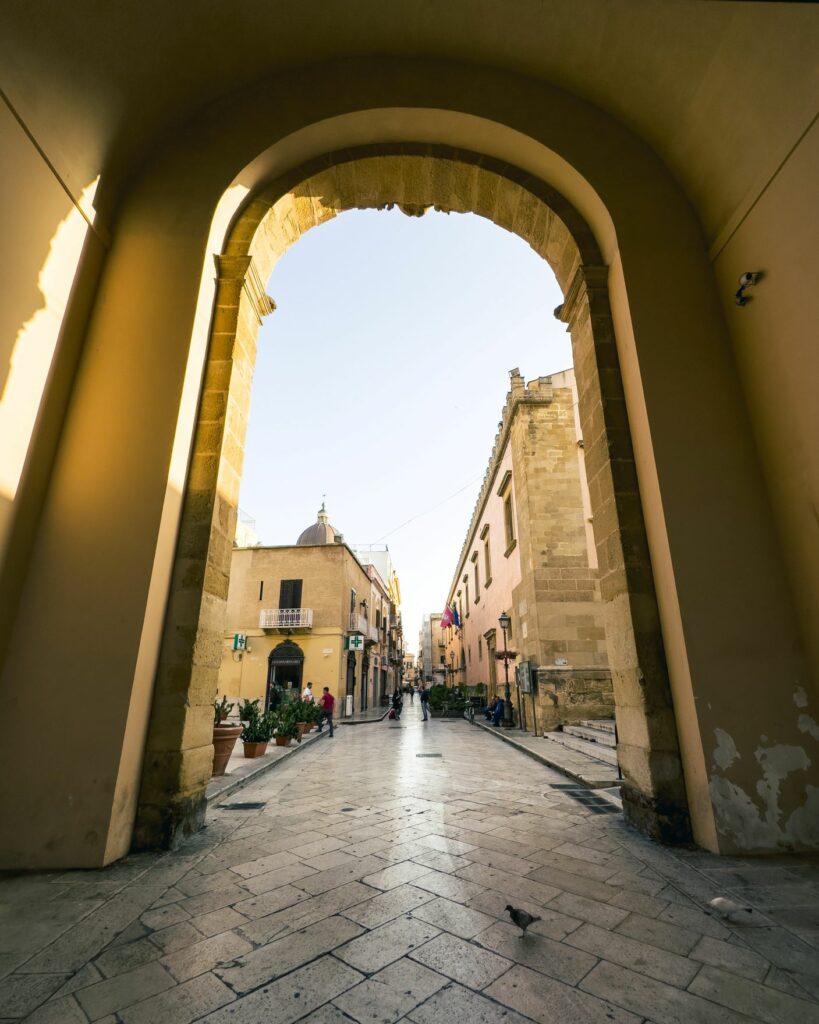
Originating from the Italian city of Marsala in Sicily, this fortified wine has a rich history dating back to the late 18th century. Traditionally, the most popular type of Marsala was made using white grapes such as Grillo, Inzolia, and Catarratto for its base.
These grapes are pressed and then fermented before being fortified with a neutral grape spirit like brandy. The result is a golden-hued wine with flavors ranging from dry to sweet depending on its aging process.
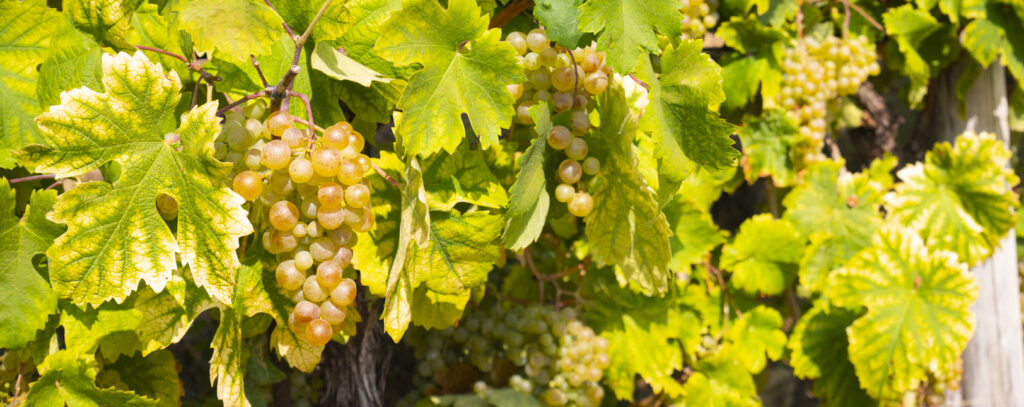
What Does Marsala Wine Taste like?
On the palate, Marsala offers a complex array of flavors. Its initial taste is often described as sweet and rich, with notes of caramelized brown sugar, and dried fruits like raisins and figs.
As you explore further, you may discover hints of roasted nuts like almonds or walnuts that add depth to the overall experience.
The Styles of Marsala, Explained
Marsala is not just a name associated with a fortified wine from Sicily. Named after the wine, Marsala is a rich, earthy shade of red-brown that exudes sophistication and elegance. In this article, we will explore the different styles of Marsala and how you can incorporate this versatile hue into your wardrobe and home.
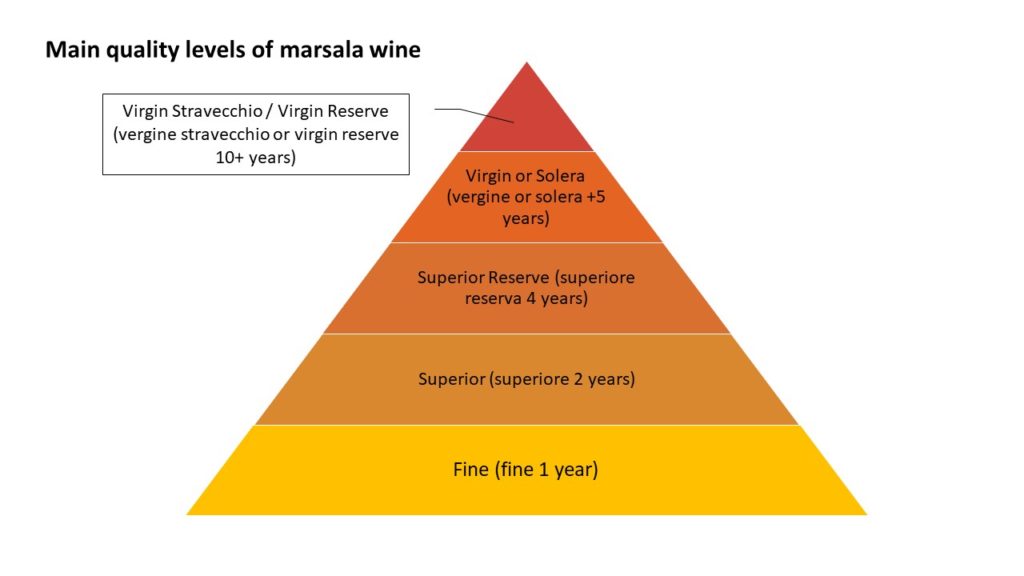
Different Types of Marsala Wine
Marsala wine is a popular fortified wine that originates from the region of Marsala in Sicily, Italy. Known for its rich and distinct flavors, Marsala wine is widely used in cooking as well as enjoyed on its own.
There are several different types of Marsala wine, each with its own unique characteristics and uses in cooking wine itself.
One of the most common types of Marsala wine is Fine or Oro. This type of dry Marsala wine has a golden color and a slightly sweet taste. this Italian wine is often used in desserts and can be paired with fruits like peaches or pears. Then, there’s Superiore, which refers to wines that have been aged for at least two years. Superiore offers a more intense flavor profile and can be either dry or semi-sweet. It pairs well with savory dishes like roasted meats or aged cheese.

Fine Marsala Wine
Marsala wine’s unique production process begins with carefully selected grapes that are left to mature under the Sicilian sun. The grapes are then gently pressed and fermented before being aged in oak barrels for a minimum of one year. This aging and fermentation process allows the wine to develop its distinctive characteristics, such as its rich amber color and complex layers of flavors ranging from dried fruits to caramelized nuts.
Superiore Marsala Wine
Superiore Marsala stands out among its counterparts as a truly superior choice for those seeking an unforgettable drinking experience.
Crafted with meticulous attention to detail, Superiore Marsala undergoes a unique aging process that sets it apart from other wines. Made primarily from indigenous grape varieties such as Grillo, Catarratto, and Inzolia, this exquisite wine is aged for at least five years in wooden casks.
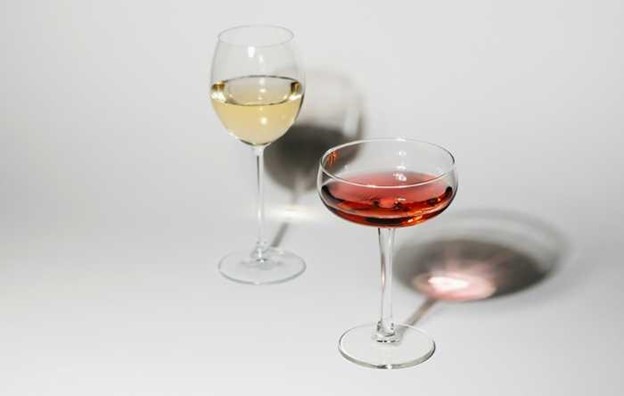
Superiore Riserva Marsala Wine
Superiore Reserva Marsala. This exquisite fortified wine has been produced for centuries using traditional methods that have stood the test of time. With its rich history, unique flavor profile, and versatility in pairing with various dishes, Superiore Reserva Marsala offers an unparalleled experience for wine enthusiasts.
Crafted from indigenous grape varietals such as Grillo, Inzolia, and Catarratto, Superiore Reserva Marsala boasts a distinct aroma and depth of character that sets it apart from other fortified wines. Its amber hue tantalizes the eye while inviting notes of dried fruit, caramel, vanilla and toasted almonds dance on the palate.
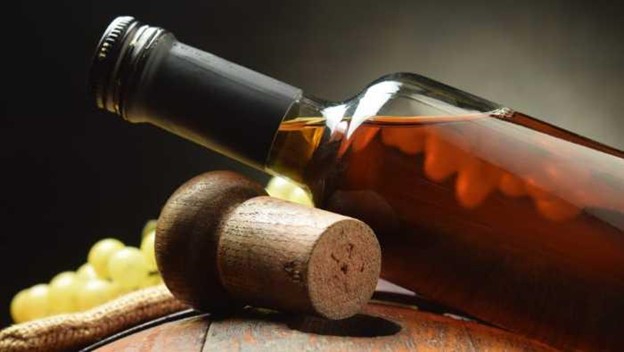
Solera Marsala Wine
Indulge in the rich flavors and centuries-old tradition of Solera Marsala wine. Hailing from the sun-drenched vineyards of western Sicily, this exquisite fortified wine is a true testament to the artistry and craftsmanship that defines Italian winemaking. With its deep amber hue and smooth, velvety texture, Solera Marsala captivates both the palate and imagination.
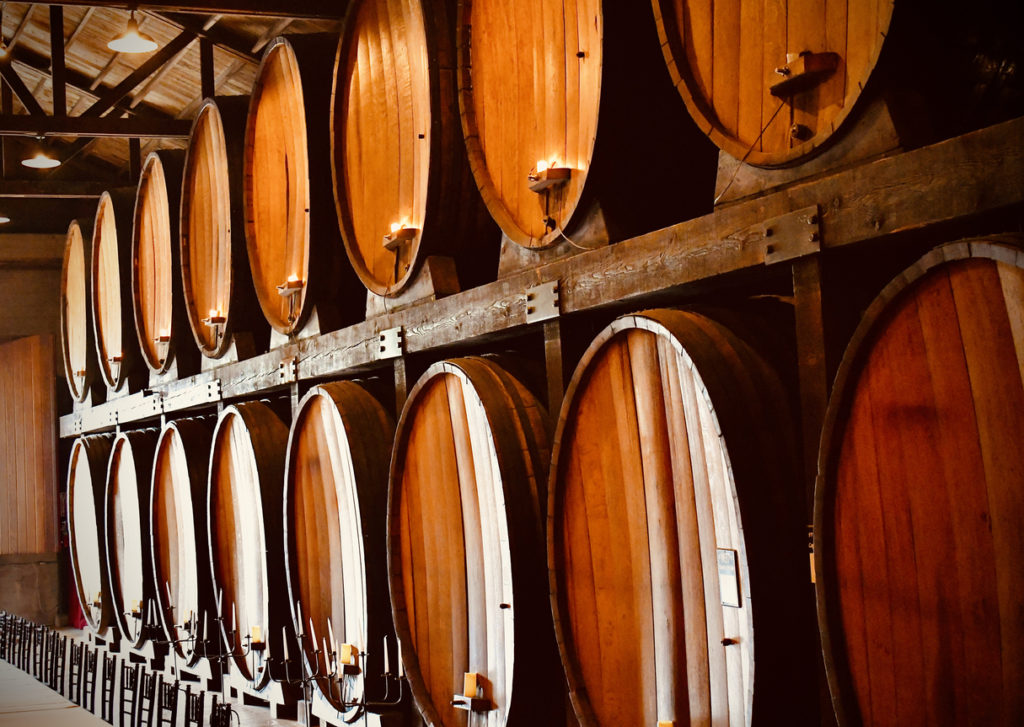
What sets Solera Marsala apart from other wines is its unique production method known as the solera system. This ancient technique involves blending younger wines with older ones in a series of barrels arranged in a pyramid-like structure. As gravity pulls the wine down through each tier, it gradually acquires depth, complexity, and character from the bottle and previous vintages.
Stravecchio Marsala Wine
For centuries, the Stravecchio Marsala wine has been revered as a true gem of Italian enology. This exquisite fortified wine hails from the sun-soaked region of Sicily, where its unique production process and distinctive flavor profile have captivated palates around the world. Renowned for its unparalleled depth and richness, Stravecchio Marsala offers a sensory journey that transports you to the picturesque vineyards overlooking the Mediterranean Sea.
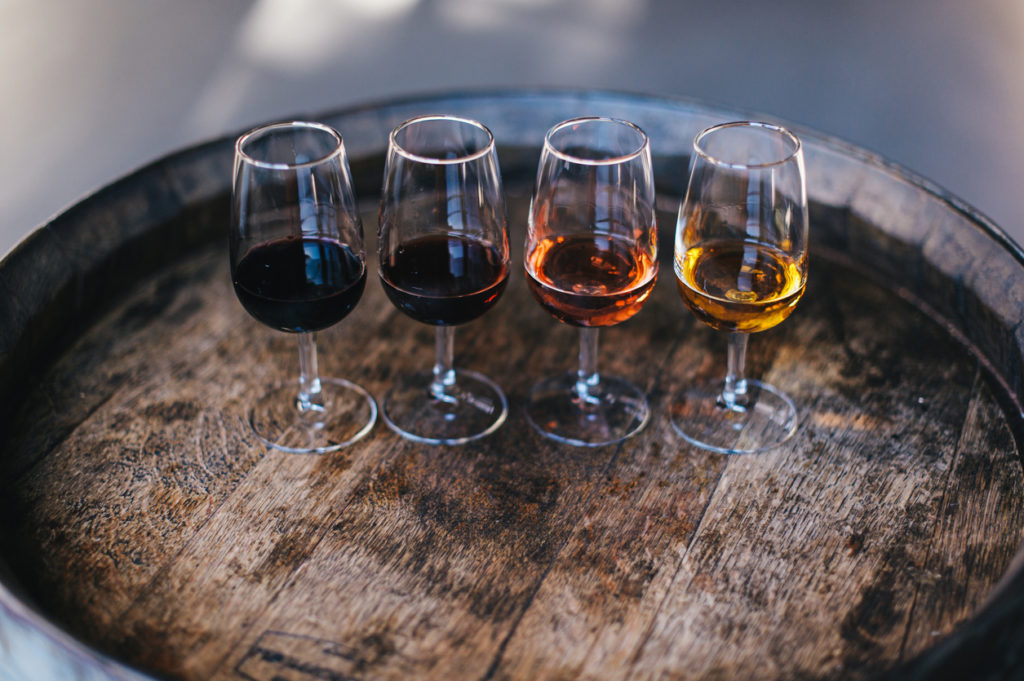
Crafted from indigenous grape varieties such as Grillo, Catarratto, or Inzolia blended with aged brandy, Stravecchio Marsala undergoes an elaborate aging process in oak casks for at least 10 years. This extended period of maturation infuses the wine with an extraordinary complexity that is truly captivating.
How Is Marsala Wine Made?
Marsala wine is a beloved fortified wine hailing from the picturesque region of Sicily, Italy. With its rich history dating back to the late 18th century, the production of Marsala wine has become an integral part of Italian winemaking tradition.
Harvesting
The marsala production process begins with hand-harvesting indigenous grape varieties such as Grillo, Catarratto, and Inzolia. These grapes are carefully selected for their high sugar content and balanced acidity, which contribute to the unique flavor profile of Marsala wines.
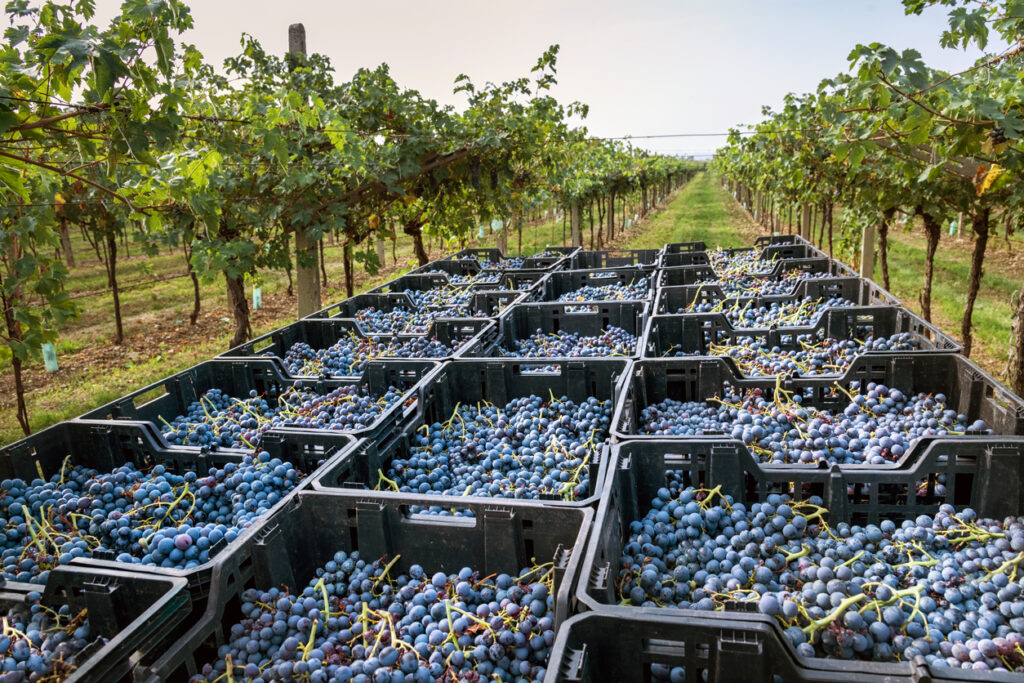
Grape Juice Extraction
Once harvested, the grapes undergo a meticulous pressing process to extract their juice. This juice is then fermented in large wooden casks known as caratelli, where it is left undisturbed for at least three months.
Marsala Food pairings
When it comes to elevating your culinary experience, Marsala wine is a game-changer. This rich Italian fortified wine from Sicily adds a touch of elegance and depth to any dish it accompanies. Whether you’re a meat lover, seafood enthusiast, or cheese connoisseur, Marsala offers endless possibilities for creating unforgettable flavor combinations.
Meat
For meat lovers, Marsala pairs exceptionally well with both red and white meats. A classic combination is chicken Marsala, where tender chicken breasts are cooked in a luscious sauce made with the wine. The savory notes of the wine beautifully complement the richness of the meat.

For those who prefer red meats like beef or lamb, consider using Marsala as a marinade or deglazing sauce.
Cheese
For those who prefer soft and creamy cheeses, Marsala pairs beautifully with brie or camembert. The buttery texture of these cheeses harmonizes with the sweetness of Marsala, creating a delightful contrast on your palate.
The nutty undertones in aged Gouda also make it an excellent match for this wine, as its richness enhances the flavors of both components.

Vegetables
Asparagus and Brussels sprouts are two versatile vegetables that offer a wide range of flavors. From the earthy notes of asparagus to the slightly nutty taste of Brussels sprouts, these vegetables can add a unique twist to any dish. And when it comes to pairing them with a robust wine, Marsala proves to be an exceptional choice.
The rich and complex flavor profile of Marsala beautifully complements the distinct characteristics of asparagus and Brussels sprouts, taking your culinary experience to new heights.
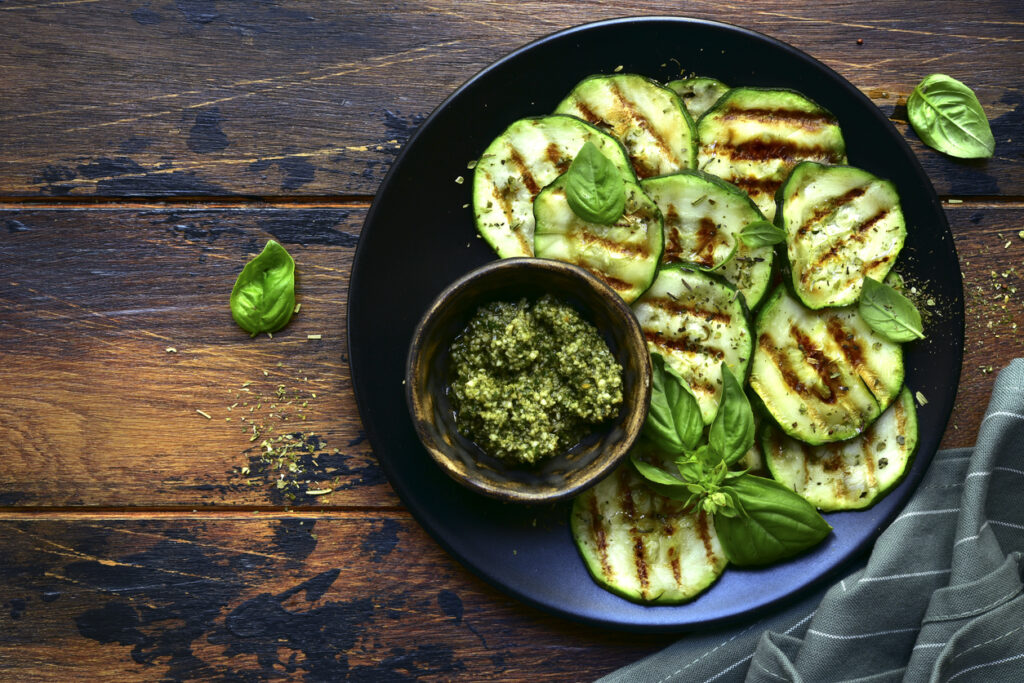
One classic way to enjoy this delectable combination is by roasting asparagus and Brussels sprouts together in the oven. Drizzle them with olive oil, sprinkle some salt and pepper, then pop them into the oven until they turn slightly crispy on the outside while retaining their tender interior.
Dessert
Whether you’re craving a classic chocolate chip cookie or something more adventurous like macarons or biscotti, Marsala can take your dessert game to the next level.
For those seeking a traditional pairing, look no further than dunking your warm chocolate chip cookies into a glass of Marsala. The wine’s caramel undertones beautifully complement the rich flavors of the cookie while adding an extra layer of depth.
Best Substitutes for Marsala Wine
Are you tired of the same old Marsala dessert wine? Looking for a change in your wine collection? Look no further! We have compiled a list of some amazing alternatives to Marsala wine that will surely excite your taste buds and add a new dimension to your culinary experience.
Whether you are a seasoned connoisseur or just starting to explore the world of wines, these options will not disappoint.
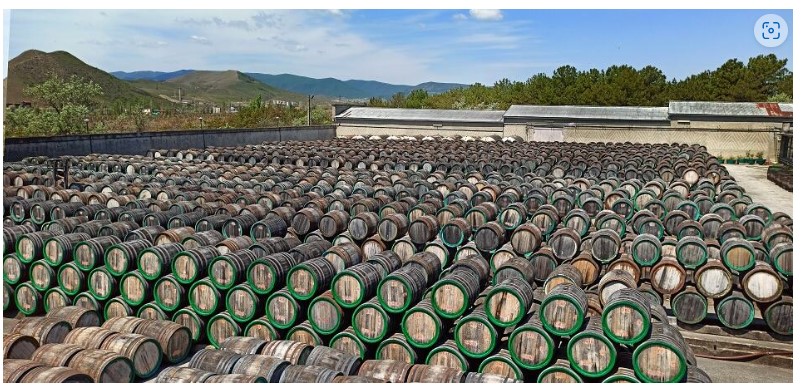
Madeira
First on our list is Madeira wine, an exquisite fortified wine from the Portuguese island of Madeira. Known for its rich flavors and long aging process, Madeira offers a perfect balance between sweet and dry notes. Its caramel-like taste with hints of nuts and dried fruits makes it an excellent choice for cooking or sipping on its own.
Port Wine
Looking for a luxurious and elegant alternative to Marsala? Look no further than the rich and robust flavors of Port wine. With its deep red hue and complex taste profile, Port wine is the perfect choice for those seeking an indulgent and sophisticated experience. Whether you’re using sparkling wine glasses pairing it with a decadent chocolate dessert or savoring it on its own, Port wine will elevate any occasion.

Sherry
Sherry is a fortified wine that originates from the Jerez region in Spain and offers a diverse range of styles to suit any culinary creation. This versatile wine can be used as an alternative to Marsala in both sweet and savory dishes, adding depth and complexity to your recipes.
Popular types of Sherry
One popular type of sherry that can substitute for Marsala is Oloroso. This dark, richly flavored sherry has nutty undertones with hints of dried fruits like raisins and figs. Its intensity makes it an excellent choice for meat dishes such as braised short ribs or stews, where it adds a robust flavor profile.
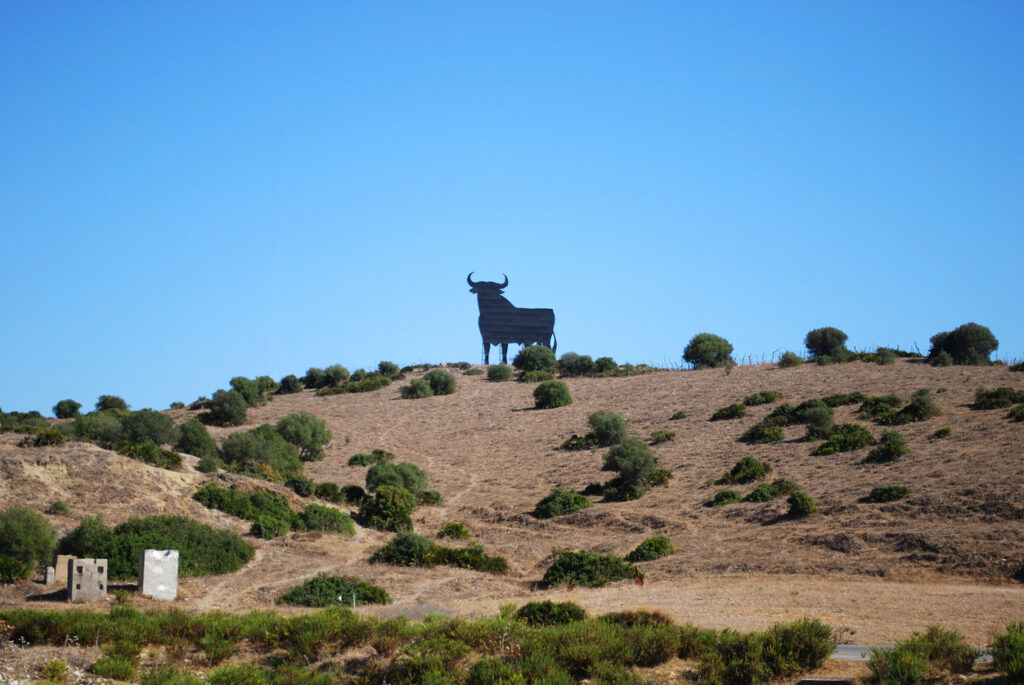
The Best Marsala Wine for Cooking
When it comes to cooking with Marsala wine, it’s crucial to choose the right type that will enhance the flavors of your dishes. Marsala is a fortified wine hailing from Sicily and is often used in Italian cuisine, especially in savory recipes. There are three main types of Marsala wine: Fine, Superiore, and Vergine (or Soleras).
Fine Marsala Wine
Fine Marsala is the basic variety and typically used for drinking rather than cooking. It has a pale golden color and a lighter flavor profile compared to other types. On the other hand, Superiore Marsala has a richer taste and deeper amber color due to its longer aging process.

This type of dry Marsala can add depth and complexity to sauces or stews. Lastly, Vergine or Soleras Marsala is the highest quality variety, aged for at least five years in wooden casks.
How Long Does Opened Marsala Last?
Once opened, Marsala wine can last for about 4-6 months if stored properly. It is crucial to reseal the bottle tightly after each use and store it in a cool, dark place, like your pantry or cellar. Avoid exposing the wine to direct sunlight or extreme temperatures, as this can accelerate the oxidation process and spoil its taste.
Keep in mind that Marsala gradually loses its freshness over time, so the longer you keep an opened bottle of marsala cooking wine for, the less vibrant its flavors will be.

